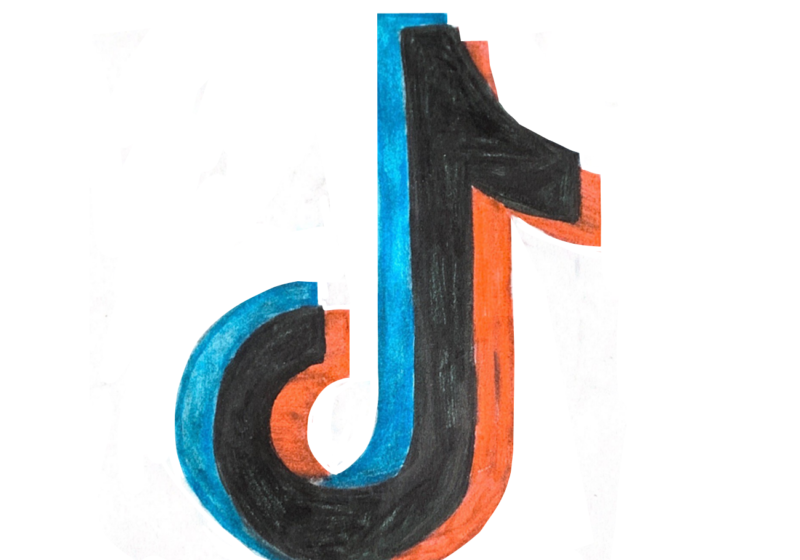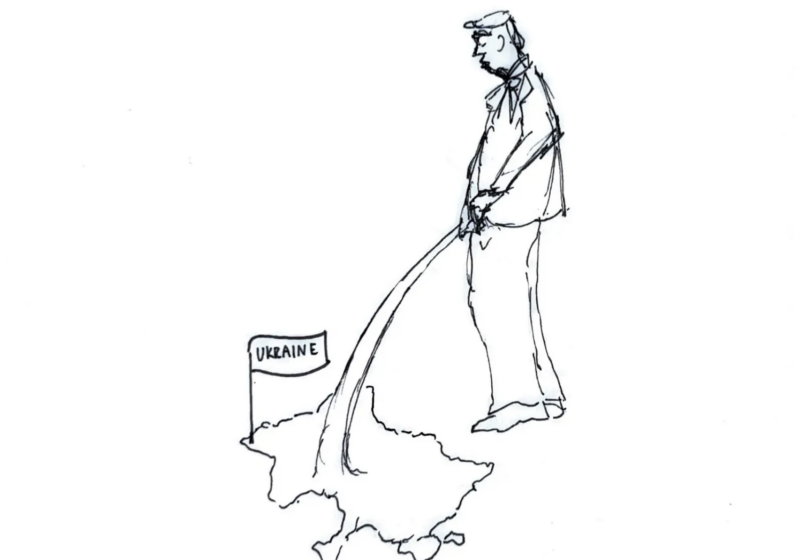A couple of weeks ago, I decided to download TikTok.
I had been told by my friends that the app was really entertaining, and it offered a lot in the form of choreographed dances, funny skits, mini vlogs, and beautiful art. So, with expectations high, I started scrolling.
I immediately found the choreographed dances and the mini vlogs, but I was surprised to also find working professionals presenting helpful information. The first kind of professional content I saw came from doctors dancing — like other people on the app — but, on the screen they flashed up facts and figures about common ways people get STDs, as well as how sexually active couples can minimize their risk. I was astounded to see this video had gotten nearly 100,000 likes, because it was about something I thought people would usually ignore.
As I kept scrolling, I encountered a woman sharing advice about how to improve your college applications. She spoke about her qualifications as a college admissions advisor, and gave the audience tips on things to include in a personal statement. A lot of people have paid for this information in the form of college admissions counselors, but on TikTok here was the same knowledge for free.
One of the best things I’ve seen so far was a video describing how to make decisions. A man explained that you write down all of your options, and below each option they list all of the reasons in favor. Then, he explained, rank all of those reasons based off of their importance, and last evaluate how honest you were being with yourself about the importance of each reason. Since many of us 20-somethings struggle with decision-making, I was happy to be given this free advice.
As I see it, TikTok is changing the game. It is a democratic platform where anyone can participate in a conversation about anything. With apps like Twitter or Instagram, the most popular influencers and accounts in your areas of interest will be promoted on your explore pages. However on TikTok, content from any creator, no matter how popular he or she is, has the potential to be promoted to you through TikTok’s explore page, the For You page.
TikTokers have harnessed this power to reach more diverse populations with a new, unique format. All of the things I’ve described are instances in which people can access information and advice without having to pay or spend much time seeking it out.
I admit TikTok has some problems. People will always be able to take advantage of opportunities like this to post negative content, comment ugly things about others, or misinform.
But most of the content on TikTok is positive (or at least neutral). TikTok, and the algorithm behind it’s “For You” page — which suggests content related to your interests from anyone on the app, no matter how many followers they have — allow for anyone to access all kinds of knowledge, which can help facilitate communication.
While some say that TikTok is just a representation of the short attention span of kids these days, a way people create dance crazes, or ruining the music industry, it is also an effective way to share knowledge.
TLDR, as the kids say: I think TikTok is cool. It’s yet another channel making information more accessible. Plus, if you’re making fun of people for dancing, you should just find something more productive to do with your life.






